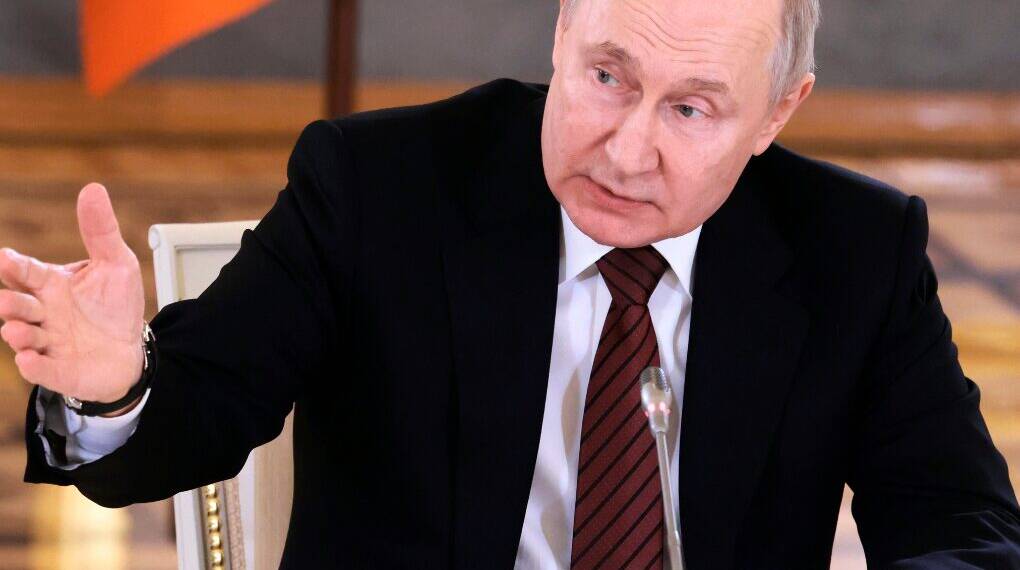As tensions between Israel and Iran escalate following Israeli airstrikes on Iranian nuclear and military sites, Russia is positioning itself as a potential mediator, seeking to turn the crisis into an opportunity to assert diplomatic influence and reinforce its standing on the global stage.
According to a report by The Spectator Australia, Russian President Vladimir Putin has maintained active communication with all key stakeholders, including Israeli Prime Minister Benjamin Netanyahu, Iranian President Masoud Pezeshkian, and even former U.S. President Donald Trump. Moscow has publicly condemned Israel’s recent operations as “unprovoked,” but has also emphasized Iran’s right to self-defense, underscoring its attempt to balance relationships with both nations.
While Russia and Iran share strong military and economic ties—particularly through a recently signed 20-year strategic cooperation pact—Moscow has expressed concern over the potential consequences of prolonged conflict. Analysts note that Russia benefits economically from rising oil prices spurred by regional instability. However, any major disruption in Tehran could threaten Russia’s military supply lines and broader regional strategy, particularly in Syria and Ukraine.
Russia’s growing role as a diplomatic intermediary is not without risk. Should Iran’s leadership weaken or fall under external pressure, the Kremlin could lose a key ally in the Middle East. Nevertheless, by stepping into a mediating role, Russia may strengthen its influence in global affairs, especially as the United States shifts its focus toward competition with China and emerging powers.
Experts suggest the Kremlin is walking a careful line, voicing concern over Israeli aggression while avoiding overt support for Iranian retaliation. Its broader aim appears to be managing escalation without sacrificing its relationships or strategic interests in the region.
As the conflict continues to unfold, Moscow’s next moves will be closely watched. For now, Russia is betting that diplomacy, not direct involvement, will secure its long-term influence in an increasingly volatile Middle East.







